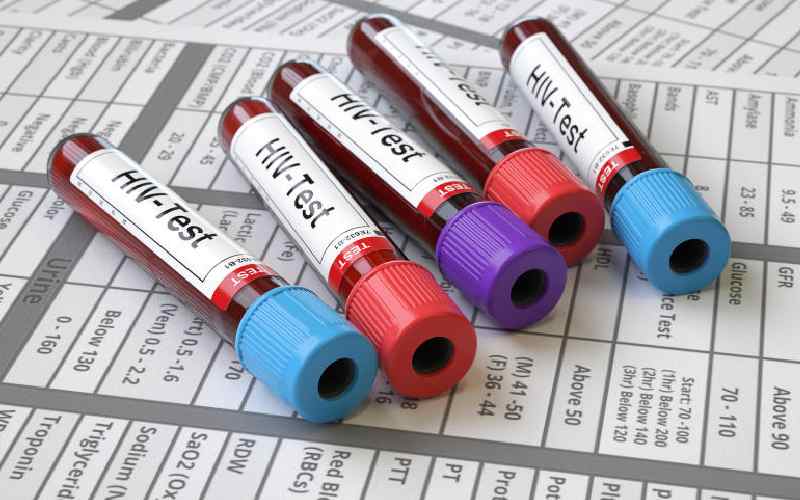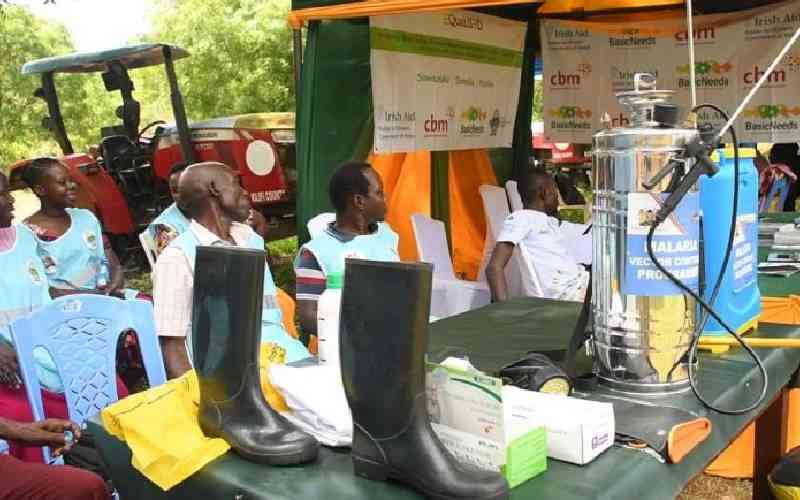
The first thing you probably know about HIV is that unprotected sex with an infected partner is the main way of transmission. Unsafe sex is reportedly the single leading risk factor contributing to deaths among women aged between 15 and 45.
Females are generally more susceptible to HIV infection, with Aids-related illnesses being the leading cause of death among women of reproductive age worldwide in low and middle income countries. In Sub-Saharan African for instance, this population forms 60 per cent of the total HIV infections.
Facts First
This story continues on The Standard INSiDER. Subscribe now for unfiltered journalism that holds power to account.
Already have an account? Login
 The Standard Group Plc is a multi-media organization with investments in media
platforms spanning newspaper print
operations, television, radio broadcasting, digital and online services. The
Standard Group is recognized as a
leading multi-media house in Kenya with a key influence in matters of national
and international interest.
The Standard Group Plc is a multi-media organization with investments in media
platforms spanning newspaper print
operations, television, radio broadcasting, digital and online services. The
Standard Group is recognized as a
leading multi-media house in Kenya with a key influence in matters of national
and international interest.











